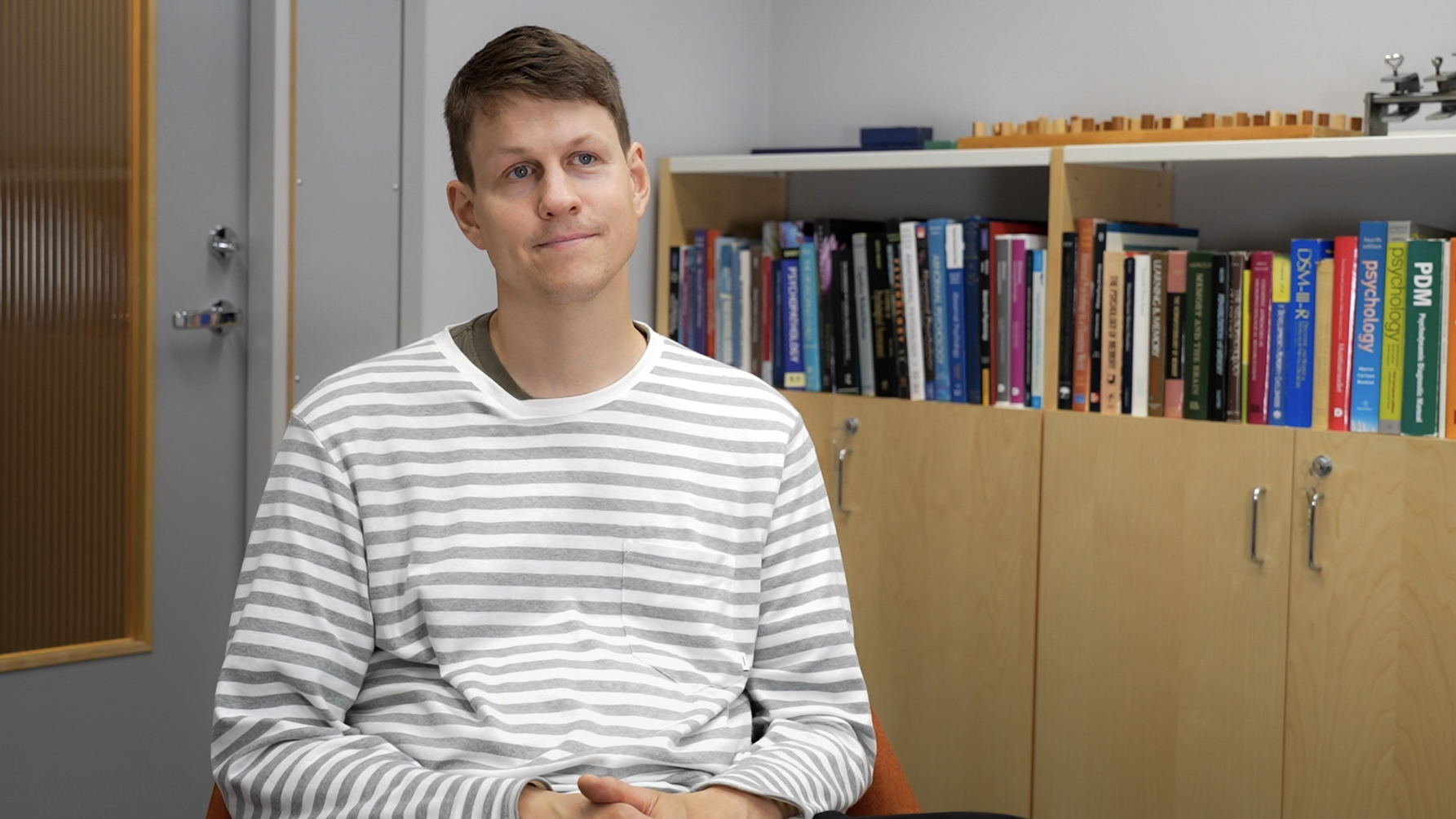The 2023 Prize for the Humanities, awarded by the Finnish Academy of Science and Letters, goes to Christian Hakulinen, who is a university researcher and an associate professor. The prize, worth €15,000, is awarded annually to a researcher in the field of humanities who has already achieved international recognition in the early stages of his or her career.
In his research, Christian Hakulinen has focused on mental health disorders and their long-term effects on, for example, socioeconomic status, school success, relationships and work careers. Hakulinen works as a university researcher in the Department of Psychology and Logopedics of the Faculty of Medicine, University of Helsinki.
Hakulinen received his doctorate in the field of psychology at the University of Helsinki in 2013. In his dissertation, Hakulinen examined the influence of the early family environment and the serotonin system on a person’s hostility and anger, their development, and the health risk factors and social problems they may cause. After his dissertation, Hakulinen has researched, among other things, the importance of personality traits and social relationships in explaining health behaviour and health.
“I became interested in mental health disorders during my psychology studies. As a part of my studies, I completed an internship in a department of a psychiatric hospital, and while working on my dissertation, I worked in part-time positions in adult psychiatry before moving on to teaching and research,” says Hakulinen.
“Clinical experience, and especially the increased understanding gained through research, reinforced the idea that the significance of mental health disorders for the individual, their loved ones and the wider community is often quite considerable. This is why I find it important to study them.”
Hakulinen is currently leading the 1.5-million-euro, five-year-long ERC Starting Grant project Effects of mental disorders on the wellbeing and prosperity of family members and friends, funded by the European Research Council. The project uses multidisciplinary methods to investigate the effects of mental health disorders on social networks – especially the way mental health disorders affect the well-being of family members and loved ones, as well as socioeconomic factors. The project is based on extensive Finnish register materials.
“I consider myself lucky, because I get to research topics that I find extremely interesting,” says Hakulinen.
“It has been my dream to establish my own research group, and I am very pleased that it has become reality. Of course, I hope that we will continue to receive research funding in the future, so that we can continue our current research activities.”
Hakulinen has a prominent international career, and he has published more than 90 scientific articles. He sees the future of psychological research in Finland as promising:
“Over the last ten years, psychology researchers have noticed that the results of classic studies tend to not be repeatable when re-examined using new, better materials. Consequently, it has been discovered that we can make even better science by improving certain methods used in the past. We also keep coming up with better ways of measuring psychological issues, and more and more extensive data is becoming available.”

